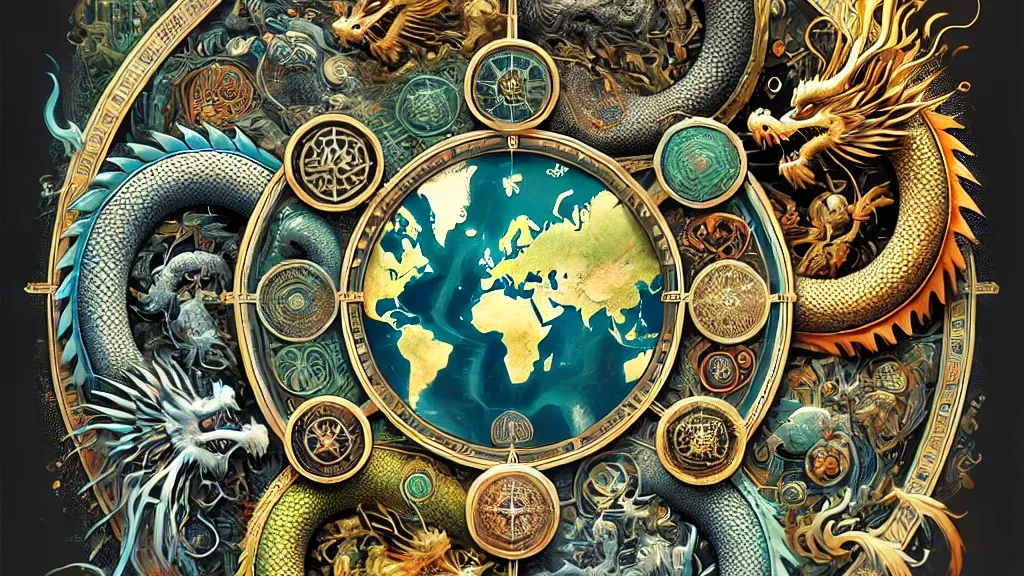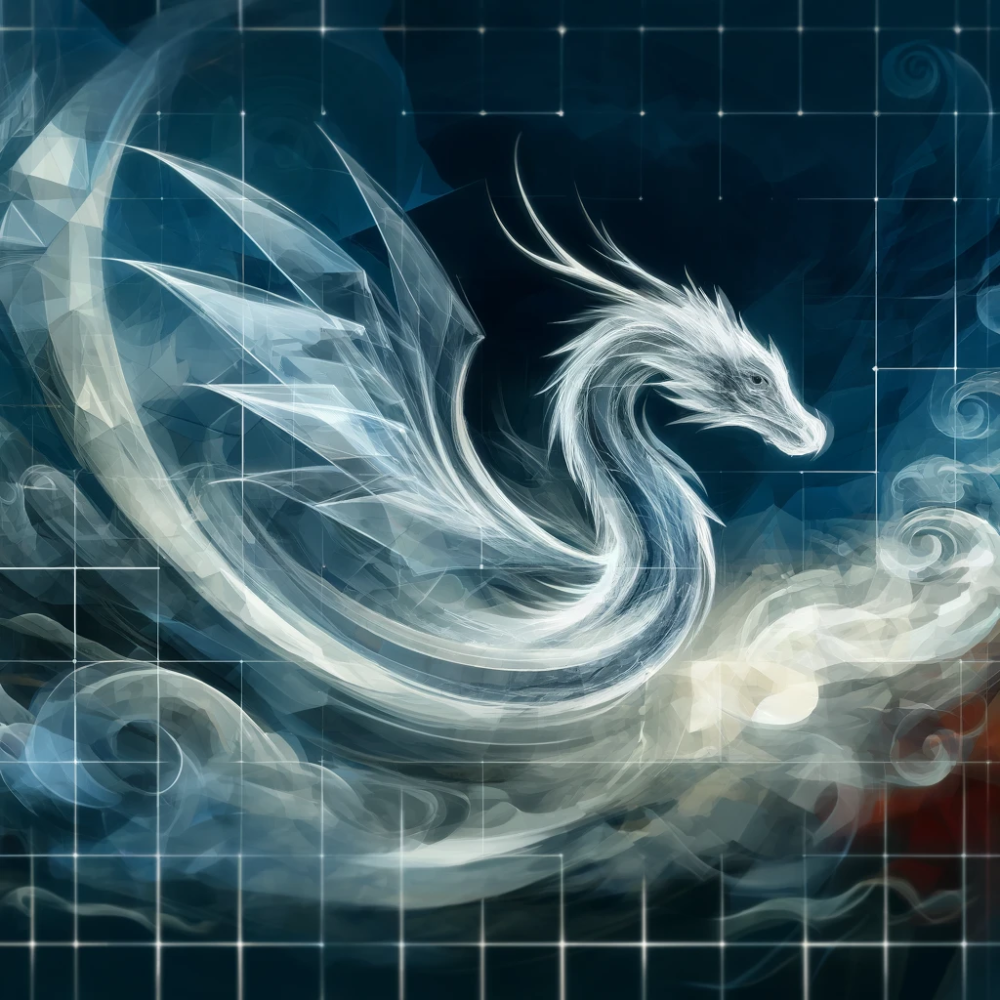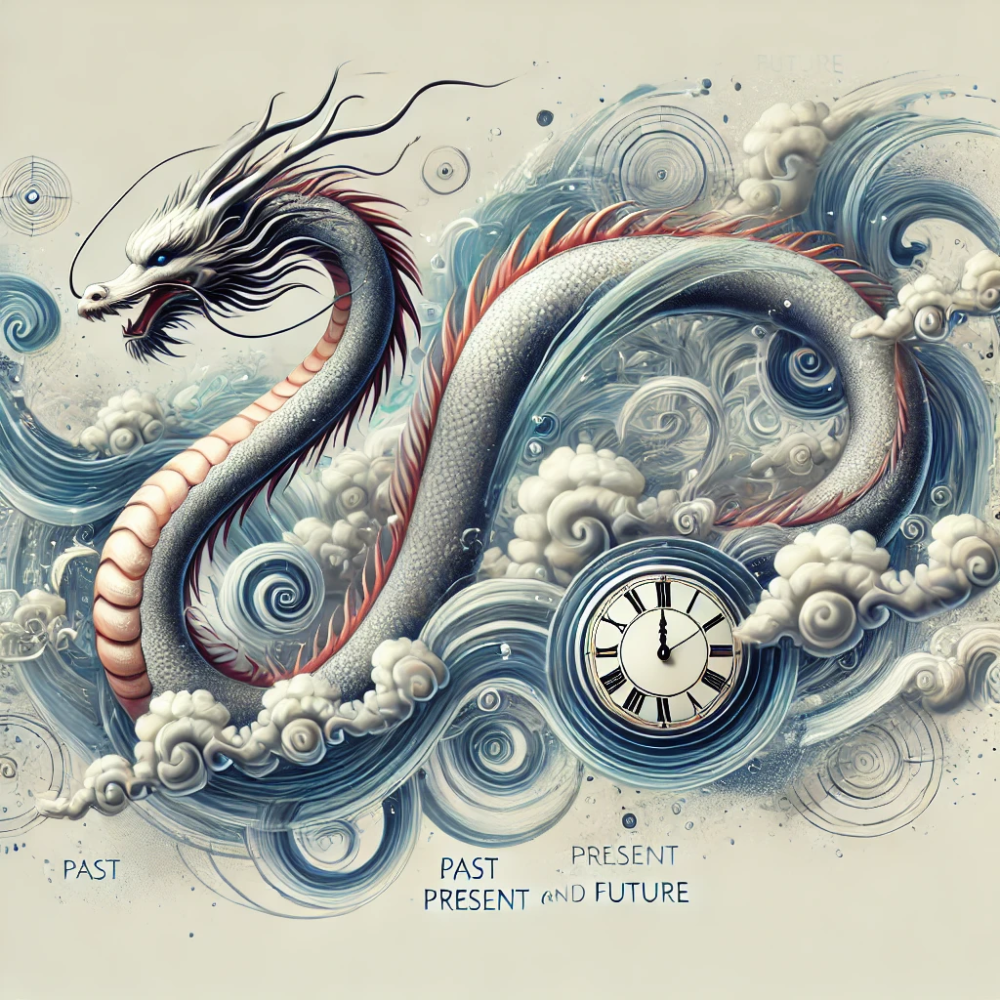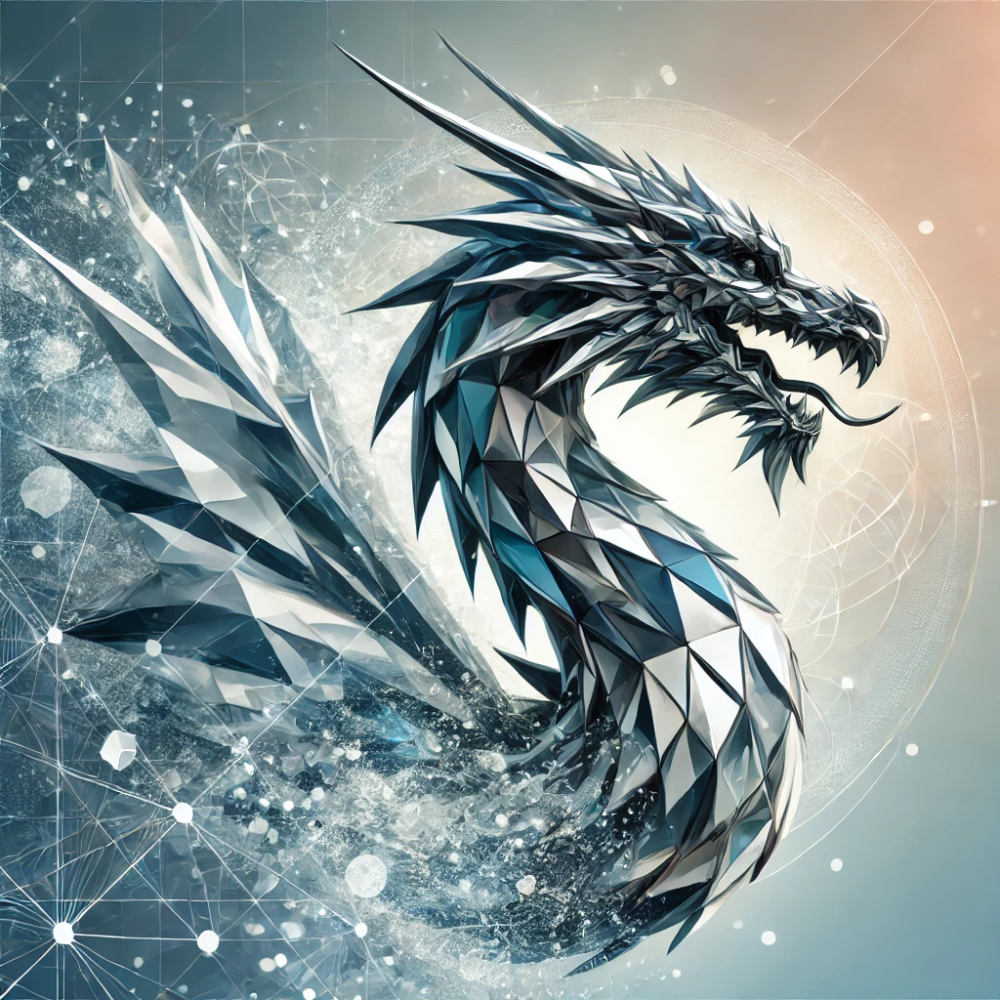Dragons of Complexity
Five Principles to Navigate Uncertainty
By William Guevara
When we face the unknown, how do we know if we are battling an enemy or learning from a teacher? In complex environments, we often cling to certainty, seek definitive solutions, and fear differences. However, what if these very elements hold the key to navigating complexity?
At Agile DISruptivo (ADIS 2024) conference organized by Mobiliza Academy, I explored this idea through the metaphor of The Dragons of Complexity. These “dragons” represent fundamental principles for dealing with uncertainty, shifting from a problem-solving mindset to an adaptive, pattern-based approach.
The session addressed how to face the challenges of the unknown, making visible the assumptions that influence how we interact with complexity. These "dragons" helped us become aware of patterns and structures that either limit or enhance our actions.
Complexity requires a shift in our approach, from solving problems to influencing patterns and exploring possibilities. Each dragon offers tools to navigate uncertainty. Applying these principles requires a conscious and adaptive approach. Each dragon suggests specific actions to turn complexity into opportunity.
Are you ready to meet the dragons?
Dragon 1: Certainty is an Illusion
What?
Certainty is illusory because patterns emerge from the interactions between agents and condition future interactions. Simplicity and complexity are not different in kinds but degrees within a spectrum. This dragon also invites us to recognize that the conditions regulating interactions (“C-D-E”: containers, differences, and exchanges) are fundamental to understanding and adjusting emerging patterns.
Reflection: When was the last time you were certain about something, only to realize later that it was more complex than you thought?
So what?
Adjusting conditions (“C-D-E”) allows us to influence patterns without assuming causality. This perspective shift leads us to accept uncertainty as part of the process.
Now what?
Experiment with C-D-E conditions in your teams to influence collaboration and learning patterns.
Dragon 2: Patterns and Problems
What?
Not all problems have clear solutions; some represent underlying patterns that need to be shifted rather than resolved in a linear manner. For instance, in contexts where connections between elements are complex and non-linear, we may not be dealing with a straightforward problem, but rather a pattern to shift.
Reflection: Are you trying to "solve" something that might be better addressed by shifting the surrounding conditions?
So what?
Rather than seeking definitive solutions, we must explore underlying patterns and adjust them through iterative experiments and reflections.
Now what?
Use continuous reflection and iterative adjustments to influence patterns that reinforce desired behaviors.
Dragon 3: Differences Are Not a Problem
What?
Differences generate energy, which can be constructive or destructive. This dragon reminds us that differences hold the potential for innovation or conflict, depending on how they are managed. In teams, these differences can directly influence emerging patterns.
Reflection: Do you see differences in your team as obstacles or as opportunities for growth?
So what?
Well-managed differences generate positive energy and creativity. This dragon invites us to see differences as sources of learning and adaptation.
Now what?
Design interactions that nurture collective learning and minimize destructive conflicts.
Dragon 4: Time Is Not a Line
What?
We often think of time as a straight path—past, present, future. But in complex systems, time operates differently:
The past informs our present assumptions.
The future is constantly influencing our present decisions.
This dragon invites us to embrace time as a space of possibilities rather than a rigid sequence.
Reflection: How often do you let past experiences or future worries dictate your present actions?
So what?
This dragon offers a perception of time as a manifold of possibilities, where memories of the past and visions of the future intertwine to inform present actions.
Now what?
Practice mindfulness and consider future possibilities while acting in the present.
Dragon 5: Precision or Accuracy
What?
In complex systems, more precision does not always mean better accuracy. A hyper-detailed focus can distort our understanding of global patterns and interdependencies.
Instead of obsessing over granular details, this dragon reminds us to zoom in and out, balancing fine details with broader system awareness.
Reflection: Are you over-optimizing for precision when you should be focusing on overall accuracy?
So what?
Adopting a broad perspective and avoiding an obsession with detail helps us identify more meaningful patterns and make better-informed decisions.
Now what?
Balance the zoom between specific details and global patterns to better understand complex systems.
Are You Ready to Face Your Dragons?
Dragons are not enemies—they are teachers.
They challenge our assumptions and force us to explore new ways of thinking and acting. Are you ready to face your own dragons? Which one resonates most with your current challenges?
📌 You can revisit the full session here: Dragons of Complexity.
William Guevara is a Thought Leader specializing in Enterprise Coaching. With extensive experience in integral coaching and change management, he is dedicated to helping organizations thrive in the digital era. Holding multiple certifications—including Human Systems Dynamics Professional (HSDP)—William leverages his credentials to design and deliver impactful interventions that enhance the performance and potential of leaders, teams, and systems. His work is not just a profession but a passion, combining coaching, complexity science, integral theory, and systems thinking to tackle today’s challenges and opportunities. His mission is to serve as a catalyst for a holistic life purpose that benefits others. William lives and works in Madrid, Spain.








